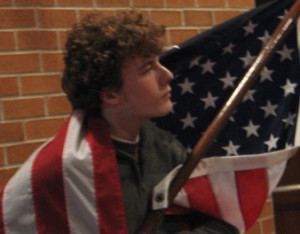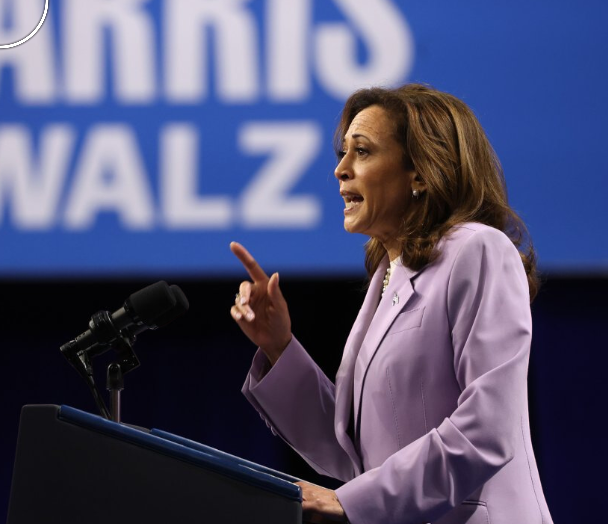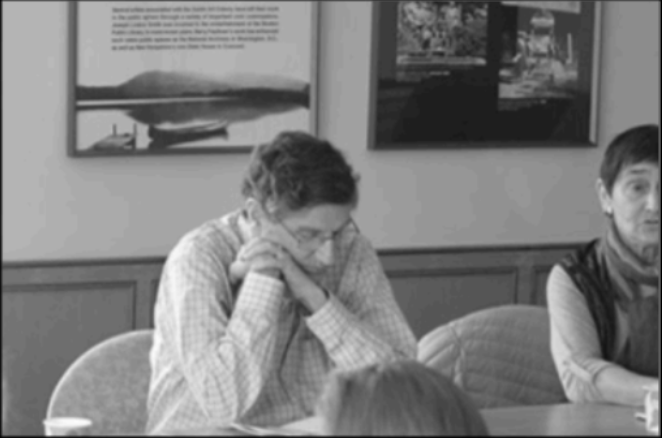With the first round of voting in the French presidential contest over, itâs worth it to take a hard look at how our bretheren across the Atlantic Ocean conduct their presidential elections. Some very striking differences are obvious from the beginning. The French have a system wherein a person is considered an eligible to run for the Presidency by getting at least 500 mayors of the individual towns and villages to sign their election papers. This is a substantial barrier and seriously decreases the quantity of candidates for the presidency (and, one could argue, raises the quality). So, whereas in the US we have fully 379 candidates registered to run for President, in France they had a mere ten. With these restrictions, youâd assume that no third parties would ever challenge the two largest political parties (the Socialists and the right-wing Union for a Popular Movement). However, with the way the media is run in France, candidates get equal billing in coverage and advertising. Which brings is to the very first major difference between the French and American systems. In the United States, it is almost completely certain that the next President will be either Barack Obama or Mitt Romney. Minor parties may get a smattering of votes, but the Electoral college renders that meaningless (candidates from Nader, Perot, Anderson, and onward have had fairly serious chances, but the EC made their task almost impossible). The French, however, use a simple popular vote to determine the winner. Overall, this means that candidates in France have a much more straightforward way of competing for votes. Tactical voting (where people vote for the least horrible of the candidates, rather than the one they prefer) is generally nonexistent in France. But besides the system itself, the candidates themselves hail from a much more diverse background. In 2012 we had a: social democrat (François Hollande of the Socialist Party), normal conservative (Nicolas Sarkozy of the UPM), borderline fascist (Marine Le Pen of the National Front), proud Marxist (Jean-Luc Mélenchon of the Left Front), a few communists and a Green, to give a few. Ever since the 1950âs we in the US have been generally limited to a milquetoast Democrat and an alternatively extreme-or-normal Republican. And just to indicate how differently things are, in 2002 the French had a runoff election between the neo-fascist and conservative candidate. In 2012 there were three different candidates who it was thought might break through into the runoff: again, a neo-fascist, a steadfast centrist, and a Marxist. Would this ever happen in the U.S.?
Categories:
French and American Presidential Politics Examined, in Brief
Christopher Jackson
•
April 30, 2012
Story continues below advertisement
0
Donate to The WEB
$150
$450
Contributed
Our Goal
Your donation will support the student journalists of Ames High School, and Iowa needs student journalists. Your contribution will allow us to cover our annual website hosting costs.
More to Discover
About the Contributor

Christopher Jackson, Reporter
Christopher Jackson is a senior at Ames High School. A three-year member of the Web, he writes about student issues and has been compared alongside his partner Connor Burke-Smith to Bob Woodward and Carl Bernstein in their unending pursuit of the truth.
Jackson, besides his duties as a journalist, leads SPECTRUM, the AHS gay-straight alliance with his partner and confidante Ascale ” Carla” Beghin. A gay old time is had by all. He also heads the debate team,
























